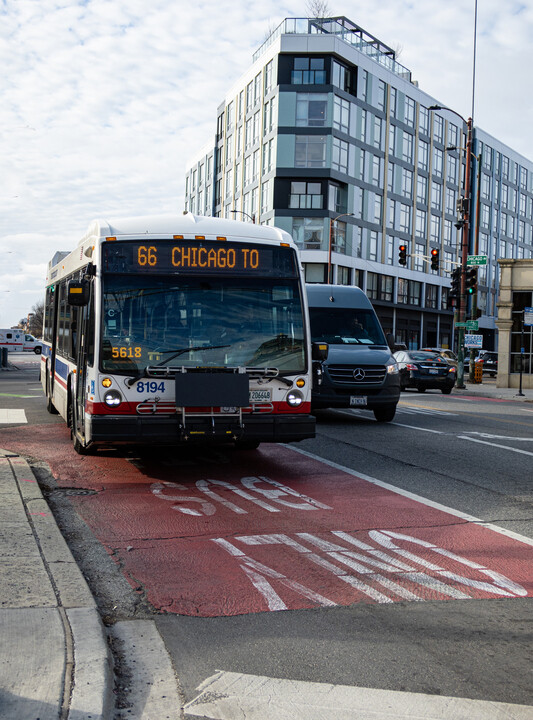- Developing a citywide network of bus rapid transit and dedicated bus lanes
- Lowering speed limits to 20 mph on arterial streets and 10 mph on residential streets
- Restricting right turns on red lights
- Creating a connected and protected bike network
- Developing a network of neighborhood slow streets
- Creating a multi-disciplinary response to support the safety, health, and housing needs of people on transit
- Working towards a municipal Plow the Sidewalks program
- Limiting commercial traffic on residential streets
- Citywide curb management program that addresses needs for deliveries, drop-offs, and accessibility
- Adding new customer support personnel such as “transit ambassadors” to CTA’s staff
- Better coordination among transportation agencies at different levels of government
Would be really great if MBJ lowered the speed limit citywide, eliminated rights on red, and expands alternative modes of transport like BRT and bicycle network
I’m on board with the majority of this, but I question the restricted right on red. What benefit does that bring? Collisions with bicyclists come to mind, but I think turning right on green, when everyone is moving forward and faster, is more risky.
People don’t look right when turning right, they look left. This presents people on foot or bicycle at intersections an unnecessary risk. A 1995 report from the NHTSA found 93% of RTOR crashes with pedestrians or cyclists resulted in injury. It’s time we put people first.
Amazing, now lets just hope serious progress is made to these goals



